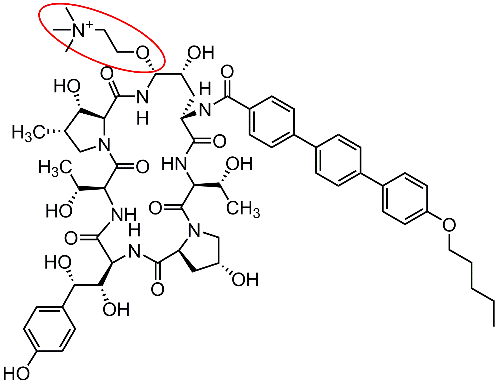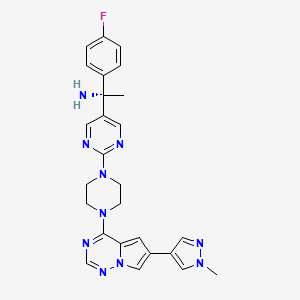BridgeBio Pharma, Inc. (Nasdaq: BBIO) (“BridgeBio” or the “Company”), a commercial-stage biopharmaceutical company focused on genetic diseases and cancers, today announced that the U.S. Food and Drug Administration (FDA) has accepted for filing the Company’s New Drug Application (NDA) for acoramidis, an investigational drug for the treatment of ATTR-CM. The application was based on positive results from ATTRibute-CM, the Company’s Phase 3 study designed to evaluate the efficacy and safety of acoramidis, an investigational, next-generation, orally-administered, highly potent, small molecule stabilizer of transthyretin (TTR). The FDA has set an action date of November 29, 2024 under the PDUFA. The FDA also notified the Company that it is not currently planning to hold an advisory committee meeting to discuss the application.
“The FDA’s acceptance of our NDA submission for review reinforces our belief in acoramidis and its potential to make an important contribution to the care of patients with ATTR-CM,” said Jonathan Fox, MD, PhD, President and Chief Medical Officer of BridgeBio Cardiorenal. “We look forward to the upcoming review process and the potential for approval in the United States. Similarly, with the European Marketing Authorization Application accepted and with plans to extend our submissions to other countries and regions, we are committed to making acoramidis available to patients.”
In July 2023, BridgeBio announced positive results from ATTRibute-CM, reporting a highly statistically significant result, demonstrated by a Win Ratio of 1.8 (p<0.0001) on the primary endpoint (a hierarchical analysis prioritizing in order: ACM, then frequency of CVH, then change from baseline in N-terminal prohormone of brain natriuretic peptide (NT-proBNP), then change from baseline in 6-minute walk distance (6MWD)). Acoramidis was well-tolerated, with no safety signals of potential clinical concern identified. BridgeBio has also presented analyses from ATTRibute-CM at the European Society of Cardiology Congress 2023 and at the American Heart Association Scientific Sessions 2023.
“As part of our mission, we seek to improve the lives of patients with amyloidosis by providing support to them and their caregivers throughout their journey. There is a need for more treatment options that can help fill the significant unmet need that exists for patients today. We are excited by BridgeBio’s recent NDA acceptance from the FDA, which we hope moves us one step closer to having acoramidis available as a treatment for the ATTR-CM community,” said Isabelle Lousada, president and CEO of the Amyloidosis Research Consortium, a global nonprofit organization dedicated to advancements in amyloidosis.
The Company also received acceptance of its Marketing Authorization Application with the European Medicines Agency and is preparing for additional global regulatory submissions.







